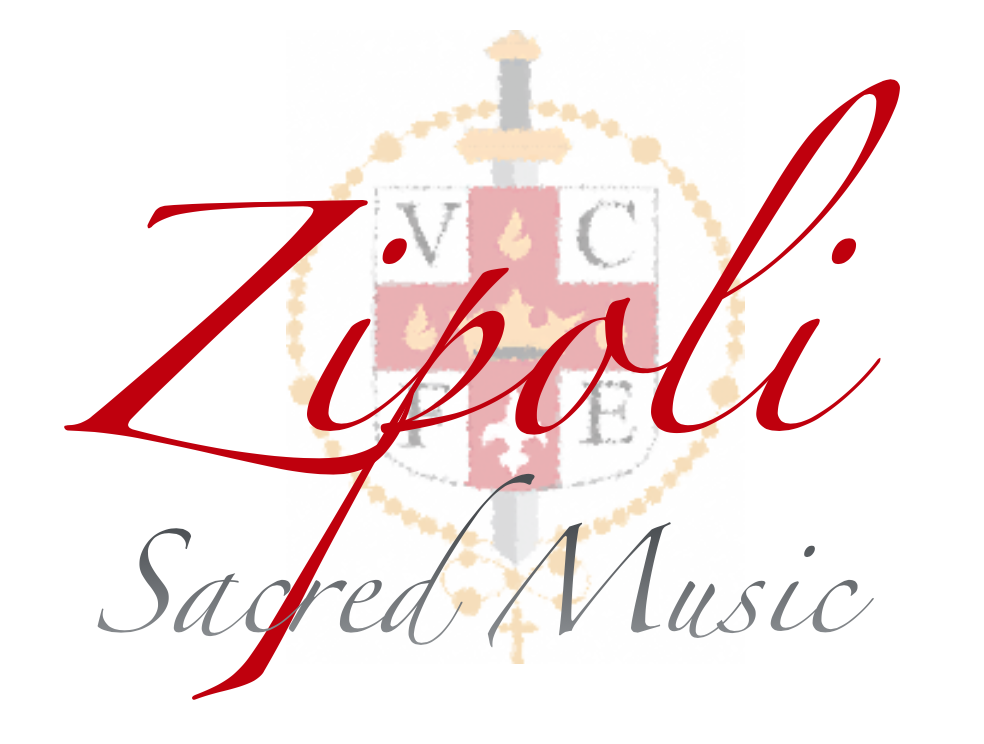Entrance Antiphons
“It’s purpose is to open the celebration, foster the unity of those who have been gathered, introduces their thoughts to the mystery of the liturgical time or festivity, and accompnay the procession of the Priest and ministers.”
Options for the Entrance Chant
The General Instruction (48) gives 4 options for the chant that accompanies this part of the Mass:
1. The antiphon from the Missal or Graduale Romanum (Introit)
2. The antiphon from the Graduale Simplex
3. A chant from another collection of approved Psalms, including metrical or responsorial settings.
4. Another approved liturgical chant suited to the liturgical year or sacred action.
These may be sung by the choir alone, or the people alone, or in alternation of the choir and people, or by a cantor and people. If there is no singing at the Entrance, the priest or the people may recite the antiphon found in the Missal. Often the texts of the Missal do not have musical composition in the universal church, whereas the Graduale Romanum provides the ancient texts of the Introit.
It is not necessary in the Novus Ordo that the priest says these Proper prayers quietly himself while the choir sings, as is the case in the Extraordinary Form. For this reason, the text of the Entrance chant as sung by the choir or congregation, becomes the proper text of the Mass for that liturgical action. Therefore, the musicians must give due thought to the text that is chosen, and the beauty of its musical setting.
What are "The Propers"?
The Propers are the words of the prayers that accompany a liturgical action, found in the Missal, or as sung by the people or choir. Unlike the Ordinary of the Mass, the parts that do not change according to the Feast or the day, the Propers change according to what Mass is being celebrated. These words, because they make up a portion of the Holy Mass, must be approved liturgical texts.
There are many options for this portion of the Mass, but we should recall its purpose is primarily to unite the congregation in the sacred action. The Propers of the Mass (Introit, Gradual, Tract/Alleluia, Offertory and Communion) traditionally belong to the role of the choir, which allow the faithful to look up at the Entrance of the Cross and the Sacred Ministers, thus uniting their souls to the mystery that will take place. Pope Benedict XVI and others have recently reminded those involved with planning the Sacred Liturgy, that "active participation" is often misunderstood as "doing something" externally, when the interior participation is the participatio actuosa that is called for by the documents.
Often, however, the sacred words of the Introit (many authored as early as the 5th-9th centuries) are replaced by a hymn, which could be included in option 4, "another approved liturgical chant". Hymns historically have their place in the Catholic musical tradition in the Divine Office, in Low (Spoken/Read) Masses, when the Proper texts were not sung, but said alone by the priest, and in devotional use (outside of Mass).
No matter the language used for this portion of the Mass (Latin/Vernacular), the musical setting, or if it is sung by congregation or choir, the idea of uniting the prayer of this portion of the Mass with the mind of the Church in her long history of Proper Texts, provides a universality of "thoughts to the mystery of the liturgical time or festivity".
English Propers
Chants from the Graduale Romanum
Simple English Propers, A. Bartlett - practice videos also available
Simple Choral Gradual, R. Rice
Plainchant Gradual I/II, Proper of Seasons
Plainchant Gradual III/IV, Common of Saints, Votive Masses, and Proper of Saints
The Plainchant Gradual follows very closely the music of the Gregorian chants, with English words. Since this collection, very beautiful in its realization, is organized according to the old Calendar, one may search the Latin title of the particular Proper you are looking for, using the find funtion (Ctrl+F).
Proper of the Mass for Sundays and Solemnities, Fr. Weber, OSB
Introit Hymns, Christoph Tietze
Graduale Simplex Chants
By Flowing Waters, Paul Ford - Complete English Graduale Simplex
Graduale Simplex (Vatican, Latin) - PDF
Latin Propers
Graduale Romanum (1974)
Gregorian Propers of the Mass - with scores, videos, audio
Small Graduale - Latin and English simplified Graduale and Simplex
Polyphonic Settings - Sacred Music by Season (cpdl)


